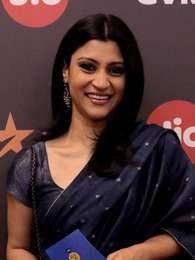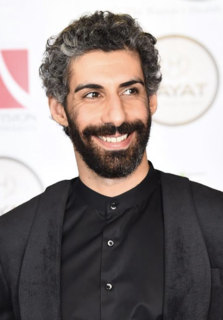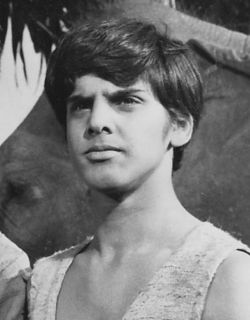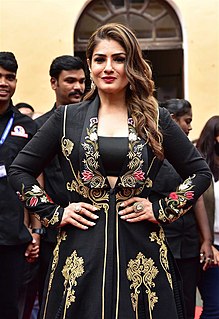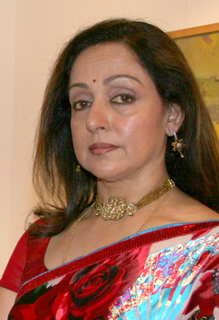A Quote by Konkona Sen Sharma
I directed 'Death in the Gunj' which released in 2017. It got very good reviews and a few awards but did not do well at the box-office. But I'm not bothered. I made the film that I wanted to make. It was not a film for everyone.
